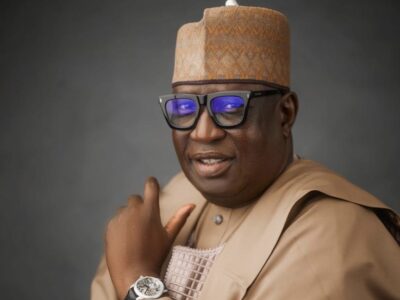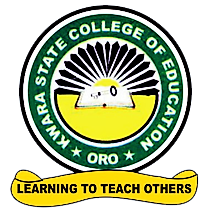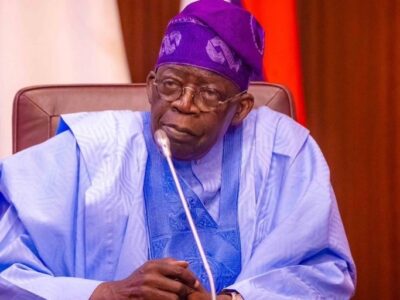By: Hussein Adeleke
The proliferation of new media has revolutionized the way information is disseminated and consumed. While this development has opened up new avenues for citizen journalism and democratized access to information, it has also created a plethora of challenges that threaten the very fabric of our society. The unregulated nature of new media has enabled the spread of fake news, misinformation, and propaganda, which have far-reaching consequences for individuals, communities, and the nation at large.
The lack of regulation has also led to the proliferation of “data boys” and unprofessional practitioners who are tarnishing the reputation of legitimate journalists and media professionals. These individuals often prioritize sensationalism over fact-checking, and their actions have serious consequences for individuals and society. For instance, the spread of fake news has been linked to violent conflicts, damage to reputations, and even loss of life. The recent proliferation of hate speech and disinformation on social media platforms is a stark reminder of the dangers of unregulated new media.
One of the most effective ways to address these challenges is to establish a regulatory framework that ensures new media operators adhere to professional standards. This can be achieved by establishing a statutory body similar to the National Broadcasting Commission (NBC) for broadcast media. Such a body can be empowered to impose heavy fines on non-professional practitioners who engage in unethical behavior. For example, in the United States, the Federal Communications Commission (FCC) regulates broadcast media and imposes fines on stations that violate its guidelines. A similar approach can be adopted for new media.
Moreover, professionals in the field of journalism and media should be protected from the menace of data boys and unqualified practitioners. This can be achieved by establishing clear guidelines and regulations that define the qualifications and standards required to practice journalism in the digital age. For instance, the Nigerian Press Council (NPC) can be empowered to regulate online publications and ensure that they adhere to professional standards. By doing so, we can ensure that only qualified professionals practice journalism, and the field is protected from quacks.
The regulation of new media is not about stifling free speech or creativity; it is about ensuring that the rights of citizens are protected and that the media operates within the bounds of the law. In fact, regulation can promote a more responsible and professional media that prioritizes fact-checking and accuracy over sensationalism. For example, the BBC’s strict editorial guidelines and fact-checking processes have enabled the organization to maintain its reputation for accuracy and impartiality.
The impact of unregulated new media on society cannot be overstated. The spread of fake news and misinformation has led to the erosion of trust in institutions, the breakdown of social cohesion, and even violence. For instance, the spread of fake news during the 2019 elections in Nigeria contributed to tensions and violence in some parts of the country. Similarly, the proliferation of hate speech on social media has been linked to violent conflicts and the spread of divisive rhetoric.
Furthermore, the lack of regulation has also led to the exploitation of vulnerable individuals, including children and women. The spread of child pornography and other forms of exploitation is a stark reminder of the dangers of unregulated new media. The government and regulatory agencies must take concrete steps to address these challenges and ensure that new media operators are held accountable for their actions.
In conclusion, the regulation of new media is a complex issue that requires a multi-stakeholder approach. We need to work together to establish a framework that promotes professionalism, accuracy, and responsibility in the digital age. By doing so, we can ensure that the media operates in a way that promotes the public good and protects the rights of citizens. The time for action is now; we cannot afford to wait any longer.
Join the conversation! Share your thoughts in the comments below and spread the word by sharing on your favorite social media platforms.”
Hussein Adeleke is my name!
Email- adelekehussein@gmail.com
WhatsApp: 08036412824









Comments